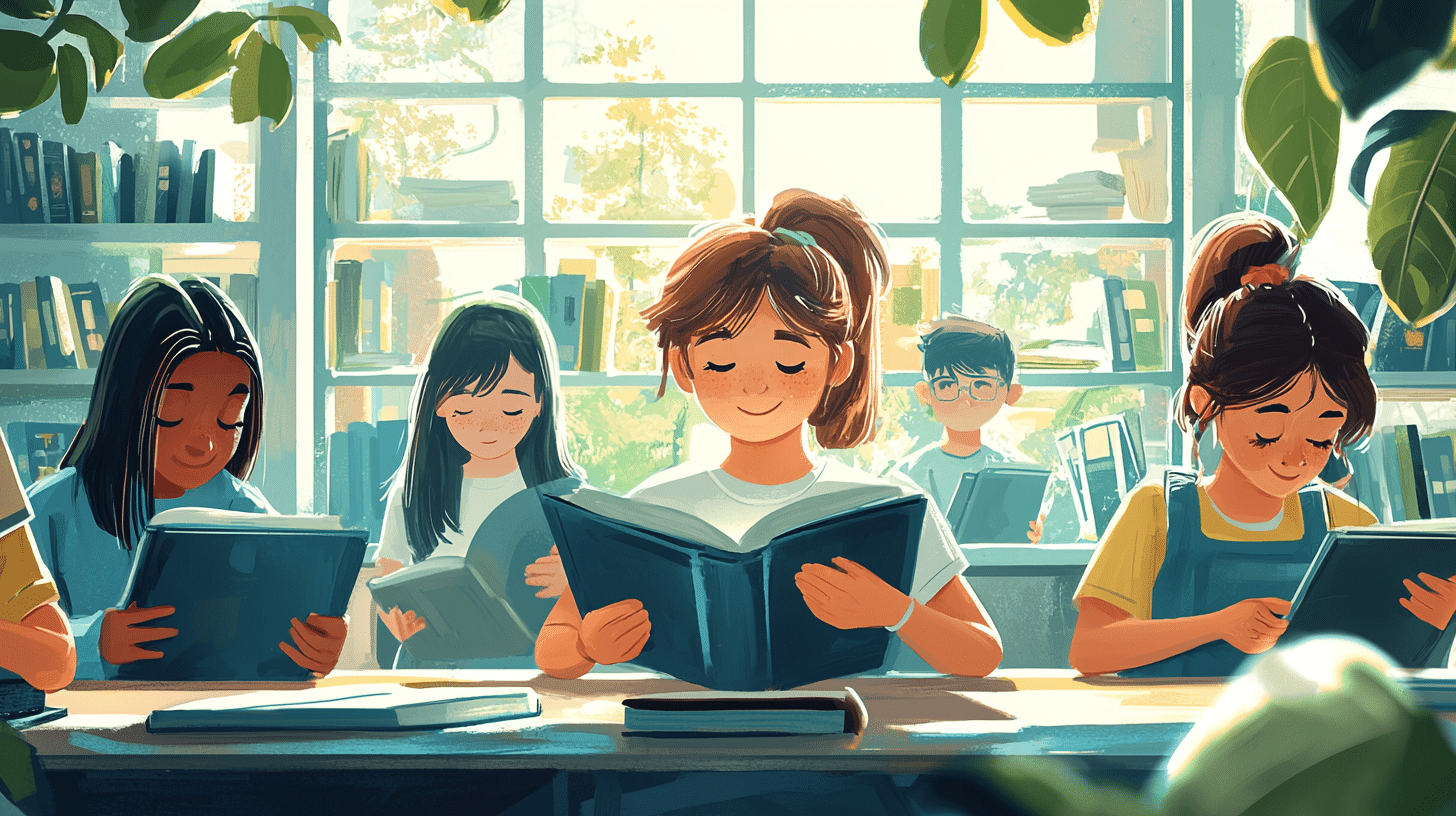Learning Norwegian can be a delightful adventure, especially when it comes to exploring the words related to childhood and games. These words often carry a sense of nostalgia and joy, reflecting the universal experiences of growing up and playing. Whether you’re planning a trip to Norway, want to communicate with Norwegian friends, or simply love learning new languages, mastering these common Norwegian words will enrich your vocabulary and bring you closer to the heart of Norwegian culture.
Basic Childhood Vocabulary
To begin with, let’s delve into some essential words that are commonly used to describe aspects of childhood in Norwegian.
Family Members
Understanding family relationships is fundamental, as these are the people who shape our early years. Here are some key terms:
– **Barn**: This word means child. It is a general term for any young person.
– **Foreldre**: This is the Norwegian word for parents.
– **Mor**: This means mother.
– **Far**: This translates to father.
– **Søsken**: This term means siblings.
– **Bror**: This word stands for brother.
– **Søster**: This means sister.
– **Besteforeldre**: This is the Norwegian word for grandparents.
– **Bestemor**: This translates to grandmother.
– **Bestefar**: This means grandfather.
Common Childhood Activities
Children all over the world engage in various activities that are often similar regardless of cultural differences. Here are some Norwegian terms for these activities:
– **Leke**: This word means to play. It can be used in various contexts, such as playing with toys or playing games.
– **Leker**: These are toys.
– **Tegne**: This means to draw.
– **Male**: This word means to paint.
– **Bade**: This means to bathe or to swim. It is often used when referring to playing in the water.
– **Lese**: This means to read.
– **Lytte**: This translates to to listen. Often used when talking about listening to music or stories.
– **Synge**: This means to sing.
Games and Play
Games are a significant part of childhood. They teach children about social interactions, rules, and, of course, provide a lot of fun. Here are some common Norwegian words related to games and play.
Types of Games
– **Spill**: This is the general term for a game.
– **Brettspill**: This translates to board game.
– **Kortspill**: This means card game.
– **Dataspill**: This is the Norwegian word for video game or computer game.
– **Lek**: This word can be used to refer to play or a game in a general sense.
– **Gjemsel**: This means hide and seek.
– **Paradishopping**: This is the Norwegian term for hopscotch.
Outdoor Games and Activities
Norway, with its beautiful natural landscapes, offers plenty of opportunities for outdoor play. Here are some terms you might find useful:
– **Fotball**: This is the Norwegian word for football or soccer.
– **Sykle**: This means to cycle or to ride a bike.
– **Løpe**: This translates to to run.
– **Huske**: This means to swing (as in on a playground swing).
– **Klatre**: This word means to climb.
School-Related Vocabulary
School is a significant part of every child’s life, and knowing the relevant vocabulary can be very helpful.
School Levels and Types
– **Skole**: This is the Norwegian word for school.
– **Barneskole**: This translates to primary school.
– **Ungdomsskole**: This means middle school or junior high school.
– **Videregående skole**: This is the term for high school.
– **Universitet**: This means university.
School Subjects
– **Matematikk**: This is the Norwegian word for mathematics.
– **Norsk**: This means Norwegian (the language).
– **Engelsk**: This translates to English.
– **Historie**: This means history.
– **Naturfag**: This is the term for science.
– **Kunst**: This means art.
– **Gym**: This is the Norwegian word for physical education or gym class.
Emotions and Expressions
Children often express their emotions vividly. Here are some Norwegian words that describe common emotions and expressions:
– **Glad**: This means happy or glad.
– **Trist**: This translates to sad.
– **Sint**: This means angry.
– **Redd**: This word translates to scared or afraid.
– **Kjedelig**: This means boring.
– **Morsom**: This word means funny or fun.
Common Phrases
– **Jeg er glad**: This means I am happy.
– **Jeg er trist**: This translates to I am sad.
– **Jeg er sint**: This means I am angry.
– **Jeg er redd**: This translates to I am scared.
– **Det er kjedelig**: This means It is boring.
– **Det er morsomt**: This translates to It is fun or It is funny.
Nursery Rhymes and Songs
Like in many cultures, nursery rhymes and songs play a crucial role in Norwegian childhood. They help in language development and are a source of joy for children.
Popular Nursery Rhymes
– **Bæ, bæ, lille lam**: This is the Norwegian version of Baa Baa Black Sheep.
– **Per Spelmann**: This is a popular Norwegian folk song about a fiddler.
– **Lille Petter Edderkopp**: This translates to Little Peter Spider and is the Norwegian version of Itsy Bitsy Spider.
Common Words in Songs
– **Sang**: This means song.
– **Rim**: This translates to rhyme.
– **Melodi**: This means melody.
– **Vers**: This translates to verse.
– **Refreng**: This means chorus.
Conclusion
Learning Norwegian words related to childhood and games not only helps in understanding the language better but also provides a glimpse into the cultural nuances of Norway. These words are often filled with warmth and joy, reflecting the universal experiences of growing up and playing. Whether you’re reminiscing about your own childhood, interacting with Norwegian-speaking children, or simply expanding your vocabulary, these words will undoubtedly enrich your Norwegian language journey.
So, take your time to practice and immerse yourself in these delightful words. Remember, language learning is not just about memorizing words but also about understanding and experiencing the culture behind those words. Happy learning!

